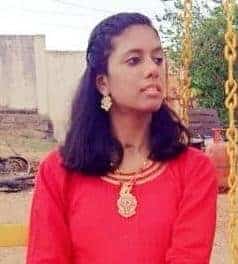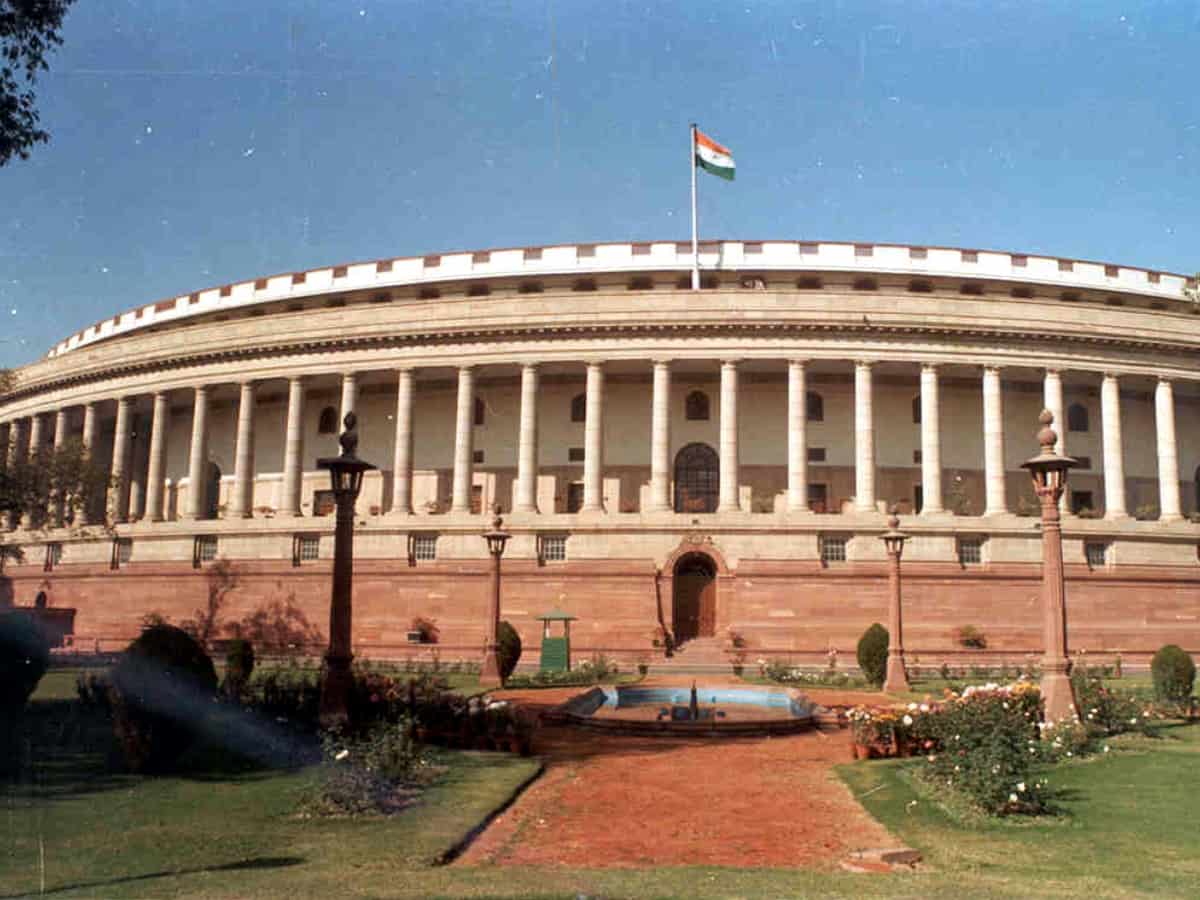
With the onset of monsoon in the highly uncertain environment brought by Covid-19 pandemic, the Parliament has issued guidelines for conducting its monsoon session beginning on Monday (14th September). It has also given directions to the States for the same. This is done keeping in view the alarming situation with Covid cases reaching a peak. States like Uttar Pradesh, Delhi, Karnataka, Andhra Pradesh and Telangana have all planned or conducted their legislature sessions. Two dozen other states and union territories with legislature are yet to spell out their stand on the monsoon session.
In the past, there have been no instances of the legislature sessions being skipped due to pandemics. Sometimes, the legislature sessions, including the Parliament sessions could not produce any fruitful results and even important bills could not be passed. This happened because of disruptions in the House caused by opposition protests or boycotts.
And now at this hour, when the pandemic has hit the country hard, let us see how the legislature sessions are running. Interestingly, the Parliament has dropped the question hour and also the private members’ business in the session for the first time, so as to wind up the session quickly. But this seemed to have raised the eyebrows of opposition parties. Question hour is the weapon in the hands of the members in the House to question the government and its ministers on important issues of the day.
Amid the economic slowdown, skipping question hour is something debatable. In a way, it can be said that the government is washing its hands off and taking advantage of the pandemic to suppress the opposition voices. It has also curtailed the zero hour and it is yet to decide on staggering questions [that is, accepting the hand-written questions to be taken up the next day on the floor]. But the government can prove its sincerity by providing discussions on various issues, including the appropriate steps taken to contain the pandemic and its economic impact.
So far the latest update is that the Parliament session will have staggered timings to accommodate members of one House in both the chambers and follow strict physical distancing norms. On the first day, the Lok Sabha will have proceedings from 9 a.m. to 1 p.m. From 15th September to 1st October, it will sit from 3 p.m. to 7 p.m. Similarly, on 14th September, the Rajya Sabha will sit from 3 p.m. to 7 p.m. From the second day, it will transact business between 9 a.m. and 1 p.m. The two-hour break between 1 p.m. and 3 p.m. would be used to disinfect both the chambers.
Earlier, two four-hour slots (10 a.m. to 2 p.m. and 4 p.m. to 8 p.m.) were under discussion for staggered timings for the two Houses to meet, instead of simultaneous proceedings. The session will have 18 sittings, which includes two working Saturdays and Sundays each, and will end on 1st October.
The Union government, in a statement of 3rd September, indicated that only unstarred questions will be taken up during the Monsoon Session, that too, for 30 minutes. Apart from unstarred questions, up to 10 special mentions would also be taken up to bring matters of importance to the government’s notice during the monsoon session. During the session, both Houses will also discuss important issues like the pandemic, the state of the economy and other developments and there will be provision for short-duration discussions and for taking up calling attention notices.
The Telangana Legislature session commended on 7th September and it would continue till 28th September. The matters enlisted for discussions in the session include issues relating to expansion of medical services in the State, crop loss due to heavy rains, New Revenue Act, regulatory farming, the State government’s initiative for organising PV Narasimha Rao Centenary Celebration, apart from Covid pandemic. The issue of alleged illegal construction of Rayalaseema Lift Irrigation Scheme by the AP government and also issues related to other irrigation projects would also be taken up during the Session.
Chief Minister KCR stressed the need of discussions in the Legislature on the issue of injustices being meted out to Telangana State by the Union government while implementing the GST, the financial and economic losses caused to the State due to fiscal policies of the Union government and the lukewarm response of the Union government to the resolutions made by the State on the enhanced reservations for Muslim minorities and the Scheduled Tribes.
In its two-day session held on 16th and 17th June, the AP legislature passed 13 bills, discussed the motion of thanks for the Governor’s Address and passed the State Budget for 2020-21 financial year. Currently, the Telangana Legislature session is underway and it is running with full productivity with no disruptions. Important issues are being discussed daily. Question hour is also held.
So far as the States are concerned, the assembly sessions are going on well with proper SOP (Standard Operating Procedures) being implemented. Whereas, the Parliament session is set to start from 14th September. It is wait and watch situation. Rather than criticizing the government for its way of handling the Covid-19 fall-out, the opposition can play an active role by giving the advices in the House to fight the pandemic and retrieve the economy.
On the other hand, the Union government should also discuss and take steps with consensus. The smooth conduct of the Parliament session with cooperation from both the sides will make it successful and can also send a message to the people that the government is working for their welfare and it is ready to improve on the grey marks pointed out by the opposition through criticism.
Fatima Hasan is a Hyderabad based journalist

